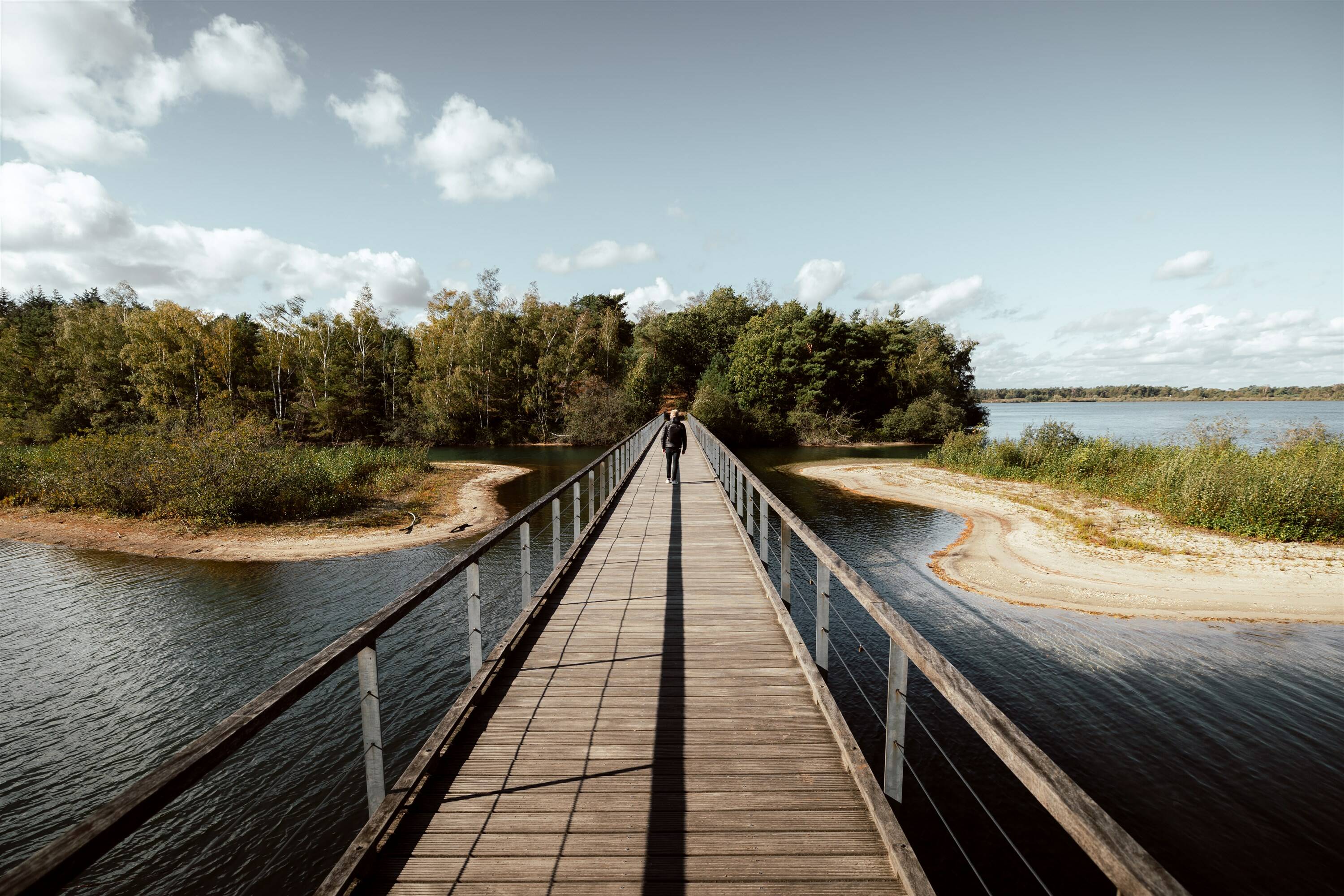CELTH contributes significantly to Action Agenda 2030 Perspective Destination Netherlands
The new 'Action Agenda Perspective 2030 Destination Netherlands' has just been presented at the National Tourism Summit 2021. The implementation of this Action Agenda is the responsibility of the Hospitality Economy Cooperation Taskforce. CELTH, the Center of Expertise Leisure, Tourism & Hospitality contributes significantly to this Action Agenda with the affiliated universities of applied sciences BUas, NHL Stenden and HZ and the research institutes European Tourism Futures Institute and the Knowledge Center for Coastal Tourism.
The new 'Action Agenda Perspective 2030 Destination Netherlands' has just been presented at the National Tourism Summit 2021. The implementation of this Action Agenda is the responsibility of the Hospitality Economy Cooperation Task Force. As a knowledge partner of the Taskforce, the Center of Expertise Leisure, Tourism & Hospitality (CELTH) contributes significantly to this Action Agenda with the affiliated universities of applied sciences BUas, NHL Stenden and HZ and the research institutes European Tourism Futures Institute and the Knowledge Center for Coastal Tourism.
In-depth research Societal value of tourism and recreation
For example, CELTH has recently provided insight into the social value of the hospitality industry. This research shows how broad the impact of the sector is. In addition to its considerable economic value, it also contributes to the living environment and makes a crucial contribution to social processes. The sector thus functions as the social cement between the bricks. The report 'Social value of tourism and recreation' has been widely read and praised. The research is now being given more depth by the policy makers.
Management of municipal establishment policy
Both 'Perspective 2030' and the advice 'Valuable Tourism' from the Council for the Living Environment and Infrastructure clearly indicate that a more active policy by governments at all levels is necessary. Because there is a lack of a good overview of instruments, CELTH will provide insight into the available and desired instruments in order to be able to steer as governments on both the quantity and quality of the leisure offer. In line with this, CELTH is also active in the development of destinations with other Taskforce partners. This is essential if you want to relieve pressure in some places and encourage visitors in other places. This requires the (re)development of areas, products, services and facilities in accordance with new policy frameworks.
Towards a sustainable sector
An important project involving a wide range of stakeholders is the research agenda for making the tourism sector more sustainable. The underlying idea is the dual role that tourism plays in sustainable development. On the one hand, the sector creates a lot of value from natural resources, such as the quality of nature, biodiversity, landscape, silence or clean air. On the other hand, the sector plays a role in the development of climate change, nitrogen oxides and the loss of biodiversity. The so-called growth paradigm is particularly affecting the sector. The challenge is not to focus solely on economic and welfare models. It is also important to find actions and adaptations that effectively reduce the social and environmental impact of the sector which also help to respond adequately to the rapidly changing policy in these areas. CELTH coordinates the formation of a research agenda in which it provides a systematic overview of the problem, translates it into potential research questions and describes possible results.
Financial and fiscal instruments for entrepreneurs
Commissioned by the Taskforce Cooperation in the Hospitality Sector, the Ministry of Economic Affairs and Climate, the Netherlands Enterprise Agency, the provinces and CELTH provide insight into the financial and fiscal instruments available to support entrepreneurs in sustainability, innovation, and digitization. This should remove obstacles for entrepreneurs and increase awareness of the instruments. An overview of instruments is made for local and regional authorities with which they can manage both the quantitative development and the quality of the supply.
Step-by-step plan for digital experiences
CELTH partner Breda University of Applied Sciences is developing a step-by-step plan for digital experiences in order to strengthen the tourist offer and to stay in touch or come into contact with visitors. A digital experience is actually being implemented for the Netherlands Waterland storyline.
Sustainable staffing
Finally, CELTH is involved in various action points regarding Human Capital. The hospitality sector should pay more attention to cross-sector core qualities linked to hospitality, service orientation and the market. This makes people more flexible, and the industry can better respond to changing circumstances. Lifelong Learning is a precondition for sustainable employability as an employee. This requires good preconditions, but also a proactive attitude from employees. The project is developing an action plan to boost social innovation and knowledge development with the aim of tackling shortages and/or surpluses in the hospitality labor market and increasing career prospects for employees in the sector. Future result is a sustainable long-term deployment of personnel in the hospitality sector.



